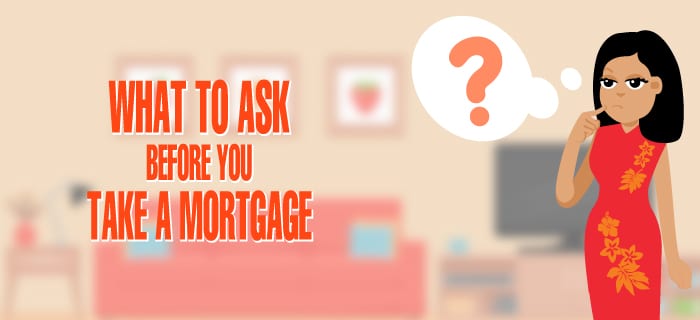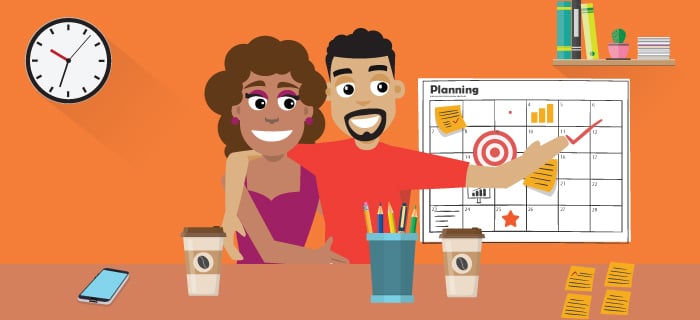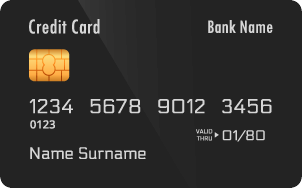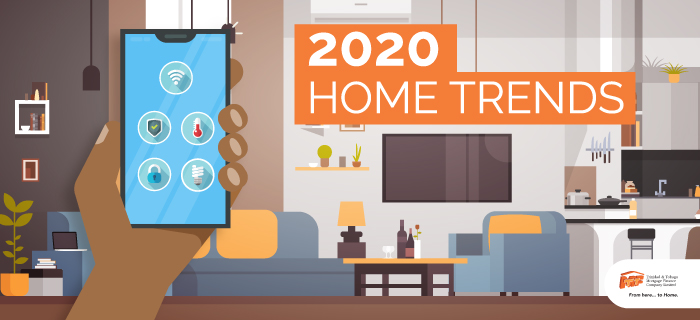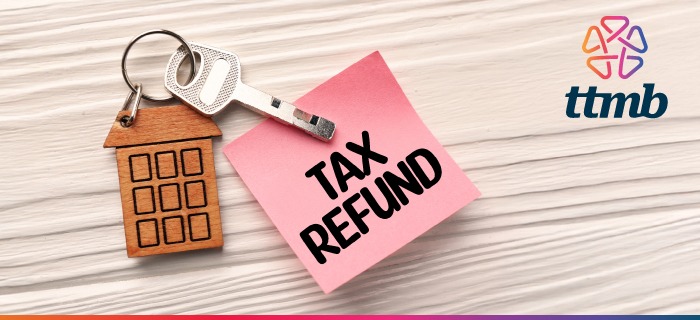Purchasing a home will probably be the biggest financial decision you will ever make in your life so you can’t afford to take the decision lightly, especially since it involves taking on long-term debt. There are a couple of very important questions that you should seek answers to before you sign on the dotted line. We thought we’d share these so you’d be better prepared at your mortgage application appointments.
Ask these questions:
What is the Interest Rate?
The interest rate on your mortgage represents the true cost of borrowing the money you need to purchase or construct your home. It is communicated as a percentage of the principal (i.e. the amount you borrow) and is one of the main elements of a mortgage that can be compared among offers by different mortgage providers. A lower interest rate is more desirable than a higher one because it means that you will be repaying less money overall on your mortgage.
Is the interest rate fixed or variable?
It’s very easy to overlook this question. You may believe that it’s a given that all loan interest rates are fixed. However, that may not be true, particularly when it comes to mortgages. If you visit a bank, they will give you a quote for an interest rate which may be attractively low, but it’s important to note that their interest rates can change every year on the anniversary date of your mortgage. This is because their interest rate is variable and is based on a Mortgage Market Reference Rate (MMRR) which fluctuates. On the other hand, our interests are stable. Our interest rates are not impacted by the MMRR so our customers are able to stay in control of their mortgage payments. On our open market rate which is currently 6%, this interest rate does change with time. However, the 2% and 5% interest rates increase over time, but, they are measured increases that homeowners can account for from the beginning of their mortgage. Therefore, they can plan for the increase in mortgage payments. For more insight, please read our previous blog post, Stable Interest Rates, where we discuss how our rates offer more stability to our customers than the banks’ rates.
What are the upfront costs?
When you apply for a mortgage, the lender isn’t the only party who would be writing a cheque. To become a homeowner, you’ll have to dip into your pocket too. Unless you are offered 100% financing, chances are you will need to make a downpayment on the home you are interested in purchasing. Additionally, there are several other closing costs that you must be prepared to pay in order to seal the deal. These are: statutory fees, legal fees and other costs to get your valuation report, property charges etc.
Can I make additional payments?
There may be times when you may want to make additional or lumpsum payments apart from your monthly payments. It’s important that you find out whether your mortgage provider would accept these. Ask about the minimum or maximum amount you could pay and how often you are allowed to pay them. Also, you should get clarity on how these lumpsum payments would impact the overall cost of your mortgage. Ideally, it should reduce the overall interest charges that you pay, and not just reduce the time that it takes you to repay your mortgage. Remember to ask whether there are penalties for early settlement of your mortgage too, such as additional interest charges.
At TTMB, you can make lumpsum payments that are equal to or more than your monthly instalment at any time. You would need to specify that you’d like your lumpsum payment to be applied to your principal balance if you want to reduce the interest charges you pay thereafter when compared to your original repayment schedule. If not, your additional payment would be considered a prepayment and therefore would only reduce the time it would take for you to pay off your mortgage; it would not save you money. Fortunately, we do not charge any penalties for paying off your mortgage earlier than expected.
Here’s a question for you: Are you ready to get started?
